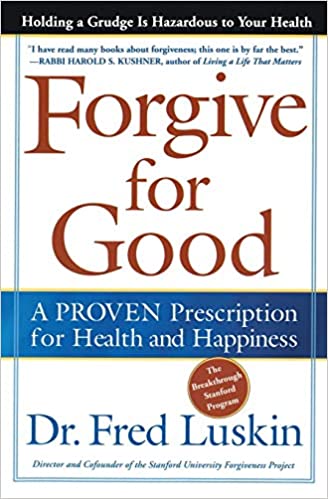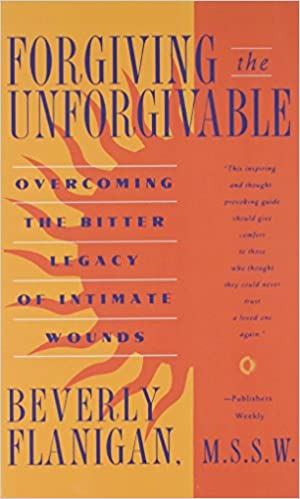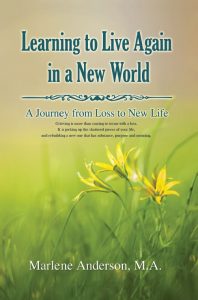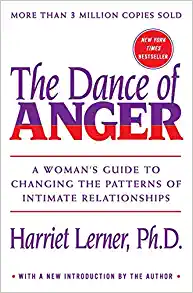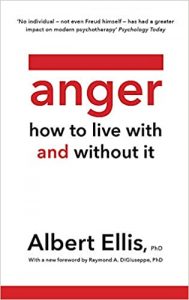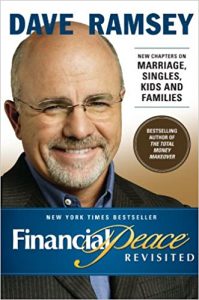Listen to this episode of the Focus with Marlene Podcast:
Get caught up with all episodes in the Developing a New Focus series.
What are you focused on?
I love to take pictures. Cameras of today make it so easy to point-and-shoot. In fact, cell phones are the cameras of choice because they are instantly available.
There are times, however, when I want to do more than just snap a quick picture of friends. I want to capture the beauty of the countryside or zero in on a hummingbird or reveal the intricacies of a spider’s web. At such times, I want a camera whose lens I can adjust to take in more features or narrow the scope to pinpoint a particular point of interest.
If you are a serious photographer, you continue to adjust your focus until you capture exactly what you want. Everything is taken into consideration: the lighting, angle, depth of field, and nuances that give some pictures a timeless quality.
You are the camera of your life. You adjust the focus every day.
Every day we focus on something. If our lens remains stuck in only one position, we miss the highlights of the things that make our heart rejoice, the people who enrich our lives, or the timeless beauty of sunsets and sunrises. We miss the chances to try new things or experiment with ways to make life enjoyable and positive. We can get stuck on hate and resentment instead of developing an emphasis for love and happiness.
Each moment offers something new – a depth of understanding or new way to look at what’s in front of us. Within each, there are opportunities that are gone in a second if we don’t stop, consider, and focus on them.
What amazing things we could accomplish if we allowed ourselves to actually see the world that surrounds us.
Our focus becomes the attention we give anything – what we do, how long we do it and where it will take us. It can have either a positive or negative outcome. We can allow our lens to remain fixed on problems or the injustices we perceive.
Or we can adjust our focus to search for the answers we need. We can broaden the focus of our camera and see the good in people. We can focus on God and build a relationship with Him; relaxing in the comfort and love He offers us.
There will be times when we need to quickly adjust our focus.
A family member has become ill or injured, or someone is experiencing chest pains. It may be as simple as an overdrawn bank account that demands immediate attention. But whatever the crisis or difficulty, at such moments you don’t care if the sun is shining, the birds are singing, or the daffodils are blooming. What you care about is the emergency in front of you that takes center stage and requires your full attention.
Life can be challenging. We will struggle with problems we never imagined we would have. We will experience losses of loved ones. If we focus on what we can’t do, however, we will worry, suffer anxiety, give up and become hostage to anything and everything that isn’t working.
Your focus sets the tone for your life – it sets the direction.
It will either motivate or discourage you. Every morning when you get up, you have a choice as to how you will meet the challenges of that day.
- How will I use my energy?
- Will I remain focused only on the mountain of problems facing me or on how I might reduce that mountain to manageable molehills?
- I can focus on my weaknesses or limitations, or I can confirm my abilities.
- I can remain depressed about what I don’t have, or feel I can’t do, or I can look for and find all the blessings and bits of gratefulness that are visible when I look for them.
- I can adjust my focus on my assets and abilities, and then thank God for His faithfulness and assistance in helping me use them.
The Home page of my website states, “Your focus defines who you are and who you can become.”
This reminder represents our ability to become the best we can be. We can focus on developing our talents and skills and on all the choices and possibilities that lie before us or hang back in fear.
We can focus on God and let Him lead, helping us develop the core principles and values we will live by, or we can drift from one socially accepted belief to another.
Your focus will ultimately determine who you become.
If you enjoyed this post, share it with your friends.
Subscribe today to receive a notice in your inbox about each week’s new blog post and podcast episode: http://eepurl.com/baaiQ1
To receive a free 15-minute consultation to help you create a personal plan of action, email me.
I am also available for speaking engagements, retreats or teaching workshops for your church, clubs, or women’s groups.









